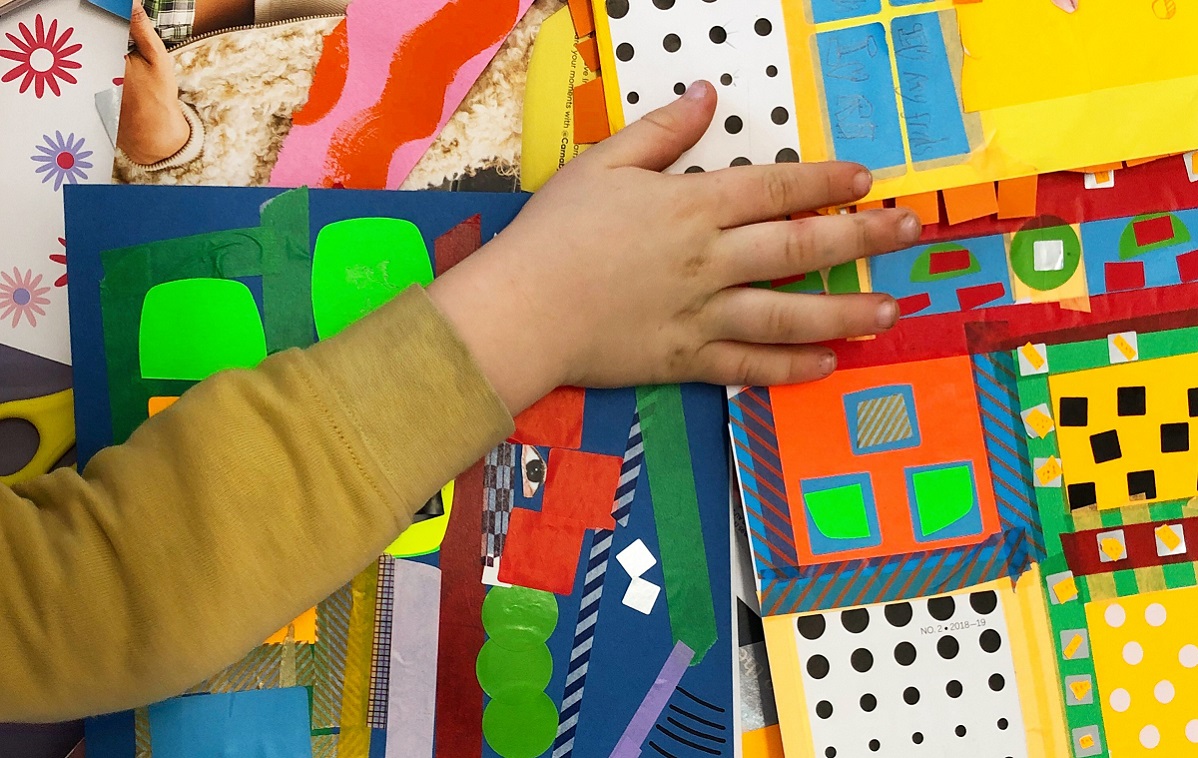
We're happy to announce that the Health and the Public Impact Fellowship - Training Programme is now live.
Our training programme is suitable for all staff at UCL of any level of seniority who want to develop their understanding and skills in Research Impact. These workshops are tailored to health-related researchers and professional services staff in the broadest sense, but they provide a good grounding the general principles of research impact, public engagement and evidencing impact. To find out more and to book visit the Training Programme details and booking link .
The 2022-23 Fellowships have now been awarded - you can meet the fellows and learn about their projects at the Meet the Fellows link.
The information below is retained for historical reasons and for those who may wish to learn about the application process.
- Does your work and research have the potential to change health care, society, public health or patient outcomes?
- Do you want to learn more about making those changes happen with a peer group that can support you?
- Do you have ideas for a great activity that could generate change via engagement, partnerships or other research impact activity?
In September 2022 the Institute for Epidemiology and Health Care, UCL Health of the Public, and the UCL Office of the Vice-Provost Research, Innovation & Global Engagement (RIGE) launch a new year-long fellowship program – to help 10 participants enhance the impact of your research through building knowledge, skills and experience in engaging with a diverse range of stakeholders. You’ll be supported and funded to deliver your own impact project by the end of the programme.
The call for applications for the Fellowship is was open until 11.55pm Monday 11 July.
We’ve had some great submissions to the Fellowship from across UCL, but we are keen to push this again within the Institute for Epidemiology and Health Care in particular. We’d also be happy to hear from anyone who may have missed the original deadline wherever they are in the university.
Key dates:
- Monday, 11 July 2022 11.55pm – First round application deadline
- Week of the 18 July – Applicants informed if they have progressed to the second round
- Week of 25 July – second round applications
- Week of 1 August – Candidates informed if they are successful
- Mid- September - Fellowship launch
How will I benefit?
By the end of the Fellowship you will be able to:
- Define what impact is (in your field) and understand the variety of ways you can implement your work with stakeholders beyond academia
- Develop clear and engaging written, verbal, and visual communication skills through practice and feedback
- Confidently identify and engage with stakeholders via a variety of routes
- Design and deliver an impact project relating to your own work
- Know how to access UCL support for, communications, impact and engagement.
Training, support and professional development
Over the first two terms of the Fellowship you will attend a program of training once every two weeks, including sessions on telling compelling stories, engaging with public groups, patients, and policy makers, and professional and industry innovation. There will also be optional informal Ask Me Anything sessions with experts on each theme.
Each Fellow will also have access to a mentor scheme and one on one support for their project.
In the Spring and Summer term 2023 you will have access to up to £500 to support your design and delivery of a project.
Eligibility
Any UCL researchers and Professional Services staff are eligible to apply, although the scheme has a focus on supporting those who are early in their career.
We have places set aside for those from the Institute of Epidemiology and Health Care. A clear articulation of how you would benefit from being in that environment would enhance applications.
Time commitment
Fellows are expected to attend the core training of one, two to three hour, session every two weeks during term one and two, and to gather as a peer support group once a month. You must also be prepared to deliver your project by the end of your Fellowship in Summer 2023.
This is a pilot program and the cohort will also be invited to help shape the development of the Fellowship. They will also be expected to take an active role in sharing skills and experiences and identifying their ongoing training and development needs.
Taking part in impact generating activity and public engagement is considered in promotions criteria and as something that should be given time in your normal working hours. You will be asked for sign off from your line manager to ensure you will be given capacity in your core hours to attend and deliver your project if successful.
This is a year-long commitment. We are very aware of the challenges faced by ECRs and staff on short term contracts and wherever possible we want to support their professional development. If these circumstances apply to you, we encourage you to contact us for an exploratory conversation before submitting your proposal.
Assessment process
Stage one of the Fellowship application process is currently live.
Your stage one application will be assessed by the Health and the Public Impact Fellowship leads and advisory group.
Applicants that are selected for the second and final stage will be invited to share a more detailed project plan with the team.
Further advice (which will be the basis for the judging criteria of both stage one and stage two of the assessment process) can be found at the Application Guidance weblink (PDF)
What should my project be about?
Your project should focus on your research or research you directly support. This scheme is not intended to support new academic research activities or to participate in academic dissemination opportunities such as attending conferences.
The Fellowship supports bold and transformative projects in health, medicine, care and society, including but not limited to creating innovative public and patient engagement tools, and creating timely, relevant public and population health insights for non-academic audiences.
You should think carefully about how you’ll use your Fellowship. That does involve creativity and ambition, but also an understanding of what are realistic scales and deliverables in a year-long, part-time scheme.
Your project must consider inclusion and equity – for your external partners and the work you produce. And you should consider how you will learn from the process and demonstrate that you have achieved the change you seek - with a commitment to sharing learning with your UCL colleagues.
There will be funding available up to a maximum of £500 to support your project delivery.
Application
To apply for the first stage please read the first part of the Application Guidance weblink (PDF) and use this MS Application Form link to share with us:
Your project pitch (300 words) including:
- Your goals for the project
- The people you hope to work with
- How you will know if you’ve achieved your goals.
How you feel you will benefit from being part of the Impact Fellowship environment? (100 words)
What will be the benefits of you doing this to your work, UCL and the people/spaces you hope to impact (100 words)
What skills would you like to develop through this Fellowship, and how will they benefit your work in the future? (100 words)
If you have any questions please contact:
Helen Craig - Public Engagement Manager Life and Medical Sciences, UCL Engagement on h.craig@ucl.ac.uk or Dr Rosie Anderson - Impact Manager, UCL Impact on rosemary.anderson@ucl.ac.uk
 Close
Close



